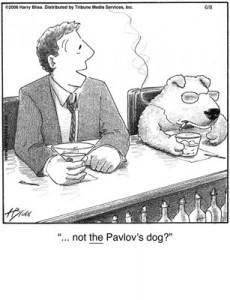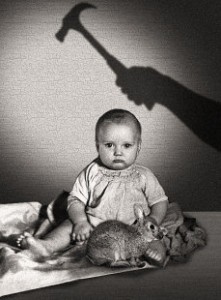Anna Freud
Anna Freud is a fascinating woman in history, heir to her father’s thoughts, life and work. With a high intelligence and high curiosity, Freud pursued psychoanalysis after her time as a teacher. She studied fantasies and dreams, listened to her father, and worked at applying her knowledge to analyzing children and developing new ways to educate them.
According to Michael Shapiro in one article, “Anna Freud is widely regarded as the cofounder of psychoanalytic child psychology,” drawing on “the experiences of her childhood to develop her psychoanalytic theories.” I want to look at how Anna Freud and her theories claim a renewing tone towards humanity. First of all, Anna’s life is spent working. Her superb work ethic lets her progress far in the field of psychoanalysis, lets her discover new theories and add to old ones. She creates a way for patients, especially children, to be healed, restored to functioning level, renewed. She sees that things can be done to help people, she sees that by continued research, progress can be made that will benefit society.
One incredible and intriguing thing about Anna Freud is her complete dedication towards her father. Their relationship is one I wish I could observe. Anna is a faithful constant. She stays by her father’s side, learns what he teaches, becomes one of his patients, collaborates with him, expands his theories, carries on his life’s work, and cares for him. She even becomes his primary caregiver when he contracts cancer, not his wife. Anna Freud seems to be the dedicated, persevering type. She sees potential in humanity and works tirelessly to draw that out of people, of children, of her father.
I feel like we could learn a bit from Anna Freud. We, as ACU students, take so much for granted, and yet we sit. We procrastinate. We apply ourselves, many times only because we have to. We should work a little more like Anna Freud. We should think a little more about how we can help others more.



